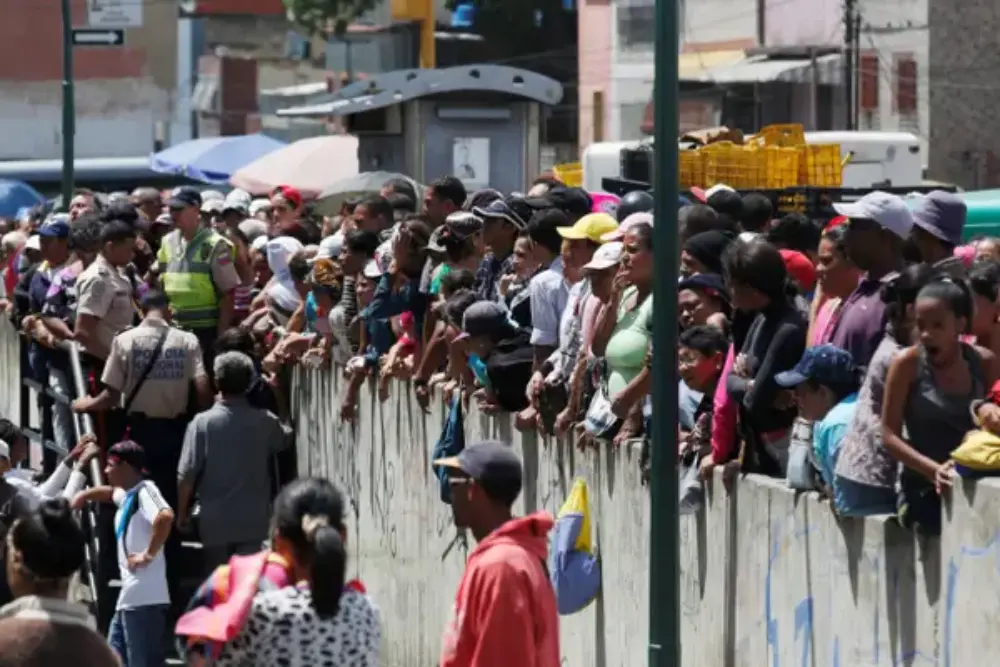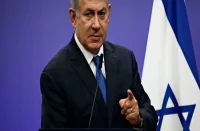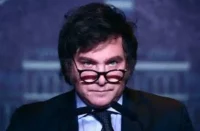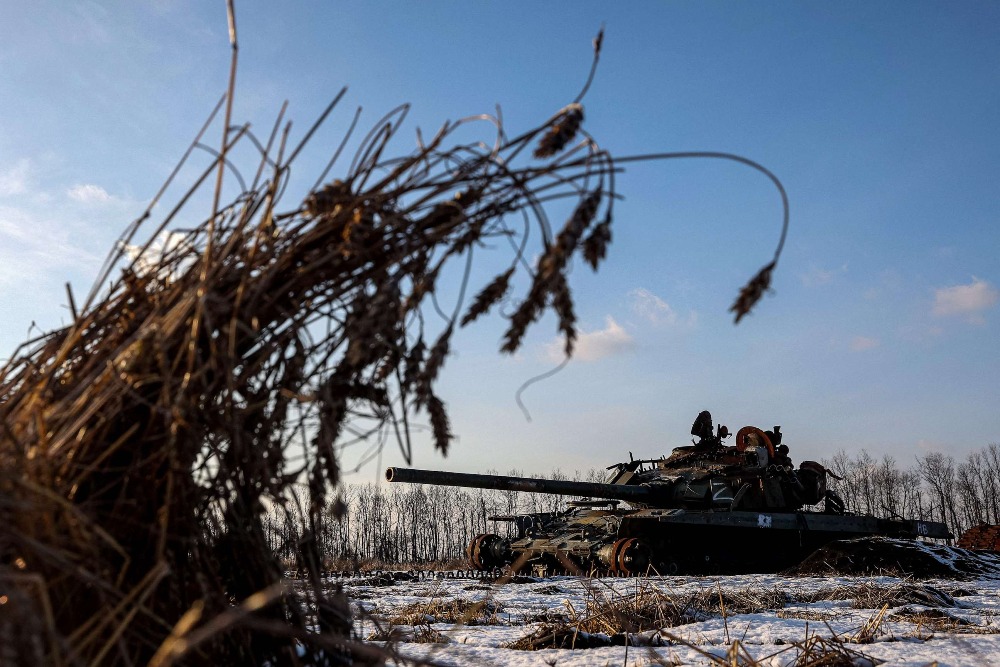
Ahead of the presidential elections, the Chavistas are strengthening their positions through various forums and consultations.
The Bolivarian Republic of Venezuela, despite the US sanctions, continues to follow the socialist course founded by Hugo Chavez. Concurrently, unlike other Latin American countries, where they also claim to have a leftist agenda, it is Venezuela that demonstrates its stability and intransigence with the hegemony of the United States. If earlier Brazil regularly acted as a venue for the World Social Forum, then after the years of the rule of Jair Bolsonaro and the current ambiguous policy of Lula da Silva (flirting with the US Democratic Party), and Cuba’s long-term blockade from the United States, it is Venezuela, which copes quite successfully with external pressure and continues to act as a platform for high-level events.
On April 18-19, 2024, Caracas hosted The International forum for the World Social Alternative , which was held within the framework of ALBA-TCP and was organized by the Simon Bolivar Institute. However, the geography of the participants was not limited to the countries of the Bolivarian Alliance for the Peoples of America, but had a global character – from Malaysia, South Korea and Bangladesh in Asia to Kenya, Guiana and even the Polisario Front, which is fighting for the independence of the Saharawi people from the domination of Morocco and Mauritania.
The event was dedicated to the current global crisis with an emphasis on the guilt of Western countries, which were deservedly accused of artificially creating numerous problems all over the planet due to the greed of bourgeois capitalism, which is part of the system of liberal democracies. In other words, the collective West and their unipolar hegemony were criticized, which in these countries is called nothing else but “a rules-based order.”
The speakers of the forum spoke about this, while offering constructive ways to solve problems and methods of solidarity with the peoples of those countries that have suffered most from Western aggression in one form or another – political, economic, intellectual, etc. Of course, the issues of ethnic cleansing of Palestinians by Israel, the activity of the World Bank, and solidarity with the peoples of Cuba and Haiti were also on the agenda. They also expressed their support for the former Vice-President of Ecuador, Jorge Glas, who was forcibly captured at the Mexican embassy in early April this year.
ALBA-TCP Secretary Jorge Arreaza and Venezuelan President Nicolas Maduro spoke at the final plenary session. Former Bolivian President Evo Morales and former Honduran President Manuel Zelaya also shared their opinions. It is significant that Nicolas Maduro emphasized that “a multipolar world has already been born” and quoted the words of Russian President Vladimir Putin.
At the forum, Jorge Arreaza put forward the presentation “The principle of unity as a transformative element” and noted that the goal of the bloc is to achieve self-determination, stating that “we are free and contented with satisfied needs.” He also added that the strategy includes new projects to strengthen plans in sectors such as the economy, health, education, nutrition and environmental protection. It was also announced that the ALBA-TCP member countries will hold the 23rd Summit of the heads of states and governments of the bloc in Caracas, at which, as expected, the presentation of the Strategic Agenda for the period up to 2030 will be put forward.
Forum participants from other countries (there were 200 people from 80 countries in total) were able to get acquainted with Venezuelan culture and various aspects of domestic politics. In particular, some were able to take part as international observers at voting stations two days later. On April 21, people’s consultations were held throughout the country. This initiative is supported by article 70 of the Venezuelan Constitution, which implies regular discussions of important issues with the people. 4,500 voting centers across the country were opened for this purpose.
In Venezuela, this approach is called radical essential democracy, although in the international lexicon there is the term participatory democracy – when the people not only elect deputies and heads of states from time to time, but also directly participate in the political process through discussions of key issues. This is probably what ancient democracy once looked like, when citizens in polices regularly gathered to work out a solution to some pressing issues.
In this case, the set of issues was devoted exclusively to internal affairs – roads, access to water and electricity, health (including sports and recreational facilities) and education. At the same time, depending on the place of voting, the projects themselves differ from each other due to local specifics. A total of 27,156 projects were considered across the country, which had previously been reviewed by local community councils.
Earlier in 2022 and 2023, consultations with municipal councils took place in Miranda State and this experience was used in the current plebiscite.
I had a chance to visit four voting stations in Caracas, not only in the center (where voting places were equipped on the basis of schools and libraries), but also in the Atlantico area and the commune of Antimano Mamero, which are part of the famous slums with houses stuck on top of each other on the mountainside. Unlike the famous favelas of Rio de Janeiro, where even the police are afraid to enter, these areas of Caracas, which are called Barrios, are quite socialized.
Although they look somewhat creepy from a distance (somehow resembling some traditional villages of mountainous Russia’s Dagestan, where some houses stand on the roofs of others), there is running water and electricity inside the dwellings, and the locals are quite friendly and sociable. In particular, in these communities, issues of improving infrastructure and reorganizing living space were discussed at these consultations.
The previous plebiscite took place on December 2, 2023, when the issue of annexation of the disputed territory with Guyana was discussed. The overwhelming majority, including the opposition, recognized it as the new state of Essequibo.
And the next vote will be held on July 28, to elect the president of the country. In fact, the two previous plebiscites are aimed at strengthening the social base of incumbent President Nicolas Maduro and indirectly help to improve his positions compared to the Western-oriented opposition, which nominated 13 candidates who have neither charisma nor proper political experience to make a real competition.
There is no doubt that Maduro will win again and the country’s current course in both foreign and domestic policy will continue.














Comments